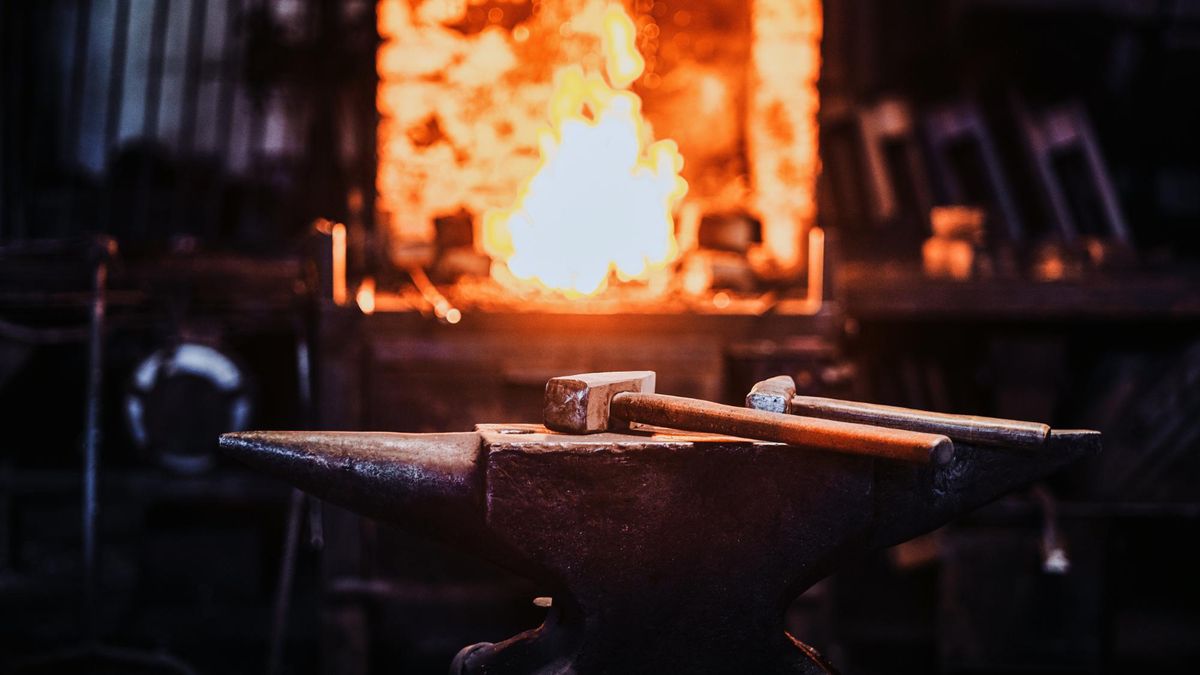Francisco Ruiz Barlett: I have always been interested in a theater linked to ritual, I mean to generate sensations before understanding. In that search and being a lover of the horror genre as a spectator, I love that they make me feel things. It is difficult for terror to leave you exempt from some feeling. With ´El juego´ it was interesting what happened with the public, who expressed that fear from their seats. There was an immediate echo. The first was an immersive theatrical experience, instead in this one I decided to embark on the story. When I wrote the first one I became fond of the family, the Contes, with their esoteric roots that go back generations. It was focused on a mother who decided to make a demonic pact to save her only son. That ends up weighing on the following generations. That one recounted an event in 2022 in which some cousins discovered those roots and began to disappear one by one.
Q.: What story does this tell?
BRF: That of their grandfather, Antonio, who gets together with friends to play Ouija to save himself from a pact made by a great-great-grandmother. But I wanted to expand the universe of that family, get a little more involved with the enigmatic grandfather and show that man at 18 years old along with his friends. I wanted to explore how each generation dealt with that spiritual burden. In the first, the viewer receives only a few guidelines, whereas here one sits and sees the story closer to traditional theater. It is an innocent journey that ends in the darkest areas of the human being.
Q.: How did you get into the horror genre?
BRF: I did not see many horror works, as a child I felt a certain fascination for these themes, I went to the ghost train and I recognize a clear influence on the cinema, although I never fully understand it because I am quite fearful. The movies that have marked me lately are “Mindsomar” and “The invitation”, which generate a twisted suspense. One is all the time with the sensation of not knowing if what is happening is being constructed by one or if it is really happening. It is not an explicit terror but the one that makes you uncomfortable.
Q.: How was the process with the team of young actors?
BRF: I saw again the delivery of artists who embark on an independent project without knowing if it will have financial returns, typical of the excess energy that one puts in when facing these works of the off. They are very young artists with a lot of vocation and desire. They get together before handing over the text and continue investigating; Every Monday they ask us for returns.
Q.: How do you see the alternative theater scene?
BRF: As one of the owners of the Kairós, the independent is my habitat. I have many thoughts about it and for a long time I have wanted to have a talk with independent artists to review the particularities of the production scheme. The actor is the last big ear in the jar when it comes to economic revenue. I have my criticisms regarding what happens and I see that most end up doing theater more for love than for money and I don’t think that makes sense. It is something that keeps me awake, that the actors earn money. In our productions I am in charge of thinking about how to achieve it and I can say that with a lot of work I found the way. I aim for independent art to be a source of work given the cultural relevance that independent spaces have.
Q.: How is that way for the actors to win?
BRF: I work and encourage assessment. Before, the entrance to a commercial work was worth four times more than the independent one and not now, that was a battle we fought. If a play is doing well, someone is taking the money, I mean if the money comes in and then the lighting technician earns more than an actor, there is something wrong in the equation. You have to understand that the actor is one more member and that when he chooses to be part of a cooperative he is a member of an artistic movement and decisions must also be made, it is not only the director’s responsibility. The actor must be active in cost decisions, the budget cannot be raised and the actor can earn the minimum with a sold-out work. I realized that I was a victim of my passion and they have taken advantage of it. I would do theater even if they did not pay me, which does not mean that I am exempt from what happens with numbers. And as an independent actor, there are few times that a producer or director came to tell me what the expenses were. The more on the margin, the more difficult it is for us not to be relegated.
Q.: What can you say about the other theatrical circuits?
BRF: For years I have felt alienated because entertainment per se does not seduce me, especially with the conviction that art should be a thorn in the general culture. I can’t stop thinking that many people contribute so that the distance between the commercial and the off is reduced. What I criticize the most is the lack of risk, seeing Yankee comedies out of doors again is discouraging and does not do justice to who we are as artists. Here’s to cases like “Petróleo” with brutal artists like Lava Skin in a full commercial hall. I want to bridge that gap because I think our materials can have that same commercial momentum.
Source: Ambito
David William is a talented author who has made a name for himself in the world of writing. He is a professional author who writes on a wide range of topics, from general interest to opinion news. David is currently working as a writer at 24 hours worlds where he brings his unique perspective and in-depth research to his articles, making them both informative and engaging.




